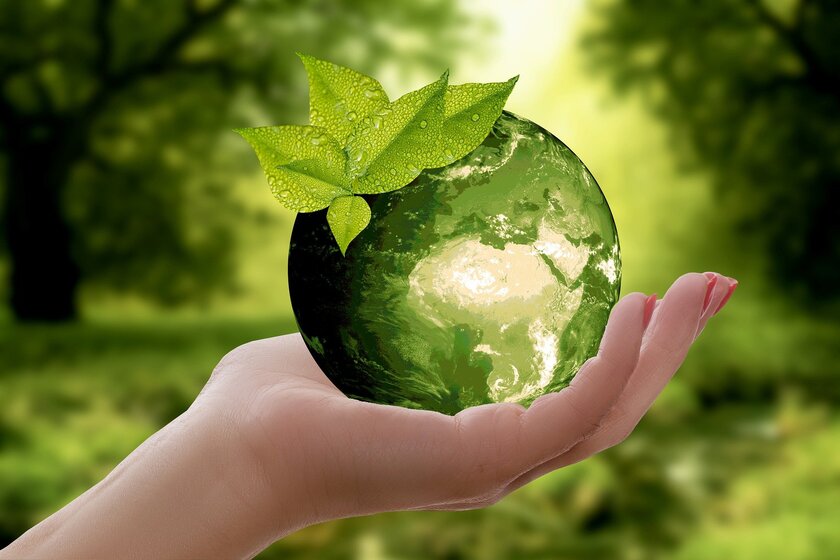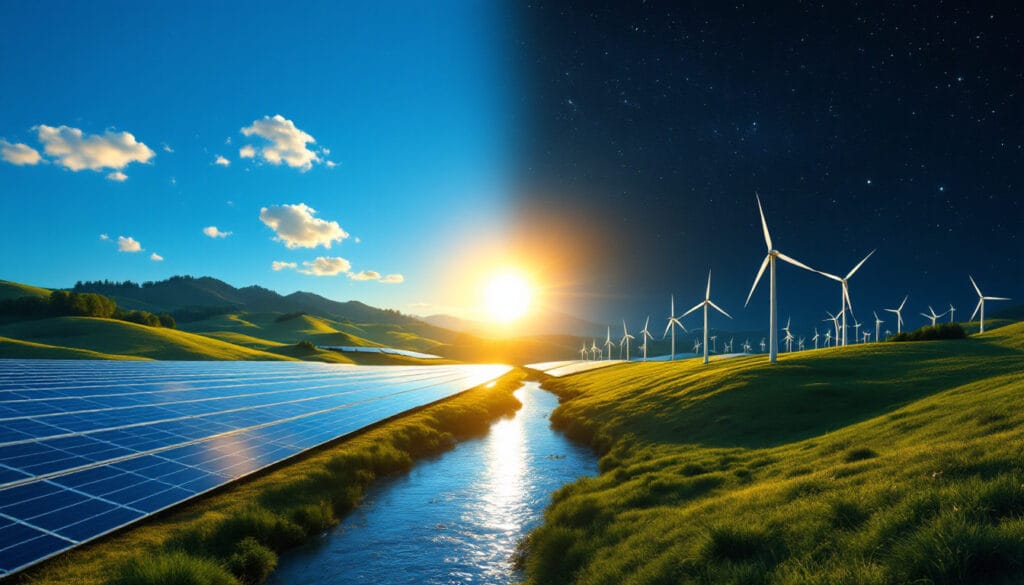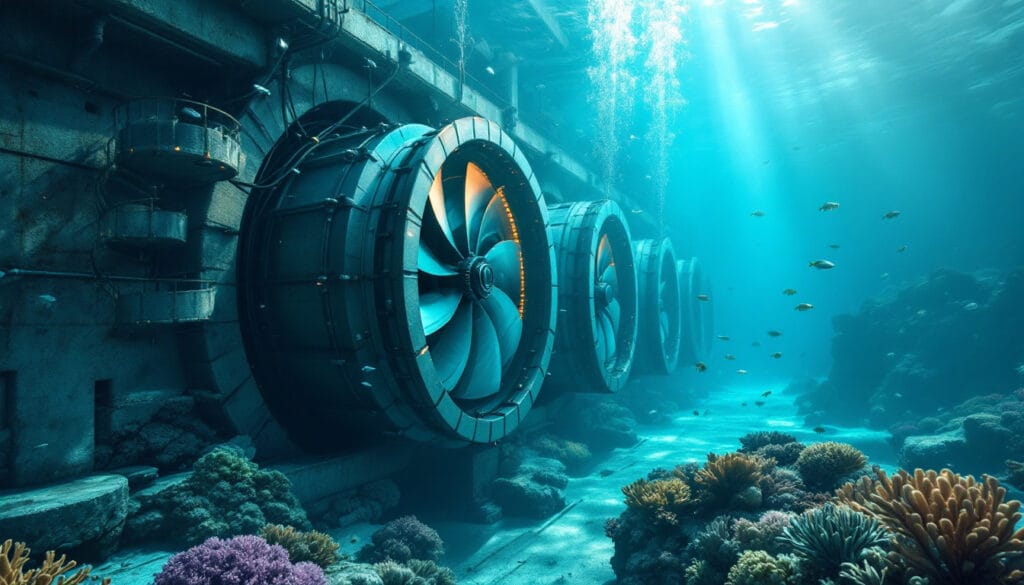The Importance of Energy Self-Consumption
Adopting energy self-consumption is much more than just a trend; it is a strong commitment to the environment. By producing and consuming our own electricity, we significantly reduce our carbon footprint while promoting energy independence.
One of the main advantages of energy self-consumption is the decrease in dependence on fossil fuels. By using renewable energy sources, such as solar panels, we contribute to a more sustainable future. Additionally, by producing our own electricity, we can also achieve substantial savings on our energy bills.
To implement an effective energy self-consumption solution, it is crucial to properly size the installation. Here are some essential steps:
- Assess your current energy consumption
- Determine the type of installation suitable (solar panels, wind turbines, etc.)
- Ensure the installation of energy storage systems, such as solar batteries
- Ensure regular maintenance of the equipment
Energy self-consumption also contributes to the stability of the electrical grid. By reducing reliance on public networks, we limit the risks of power outages and support the integration of renewable energy sources on a large scale.
Finally, it is crucial to mention the various tax incentives and subsidies available for individuals and businesses. These aids can make investing in energy self-consumption systems much more accessible and attractive. Many governments offer tax deductions, tax credits, and financing programs to encourage the adoption of renewable energy.
In summary, implementing energy self-consumption solutions offers considerable benefits for the environment, the economy, and the electrical grid. It not only allows for savings but also enables active participation in the energy transition.
Impact on Reducing Energy Waste
Energy self-consumption represents a major step towards a more sustainable future. By producing and consuming energy on-site, we reduce reliance on non-renewable energy sources and maximize efficiency. Modern technologies, such as solar panels and home wind turbines, allow us to capture energy directly at the source, thereby minimizing transmission losses.
Energy self-consumption plays a crucial role in reducing our ecological footprint. Consumers can monitor their production and consumption in real time, adjusting their habits to optimize the use of available energy. This translates into more responsible consumption and a long-term reduction in energy costs.
One of the main advantages of this approach is the reduction of energy waste. By producing energy locally, losses related to large-scale energy transmission are significantly reduced. Here are some concrete impacts:
- Reduction of losses during energy transport.
- Better efficiency of domestic energy systems.
- Reduction of CO2 emissions thanks to the use of renewable energies.
The integration of self-consumption into daily practices encourages the adoption of innovative and environmentally friendly solutions. Solar sensors, energy storage systems, and smart energy management technologies are all ways to maximize efficiency while minimizing environmental impact.
Investing in such initiatives not only protects the planet but also contributes to the energy resilience of communities. By becoming less reliant on traditional energy grids, individuals and businesses can better manage resources and respond to tomorrow’s energy challenges.
Contribution to Energy Transition
Energy self-consumption is an essential lever to reduce our ecological footprint. Using the energy
you produce yourself from renewable sources like the sun promotes energy independence and reduces
losses linked to distribution networks.
By installing solar panels on your roof or investing in a bioenergy system, you not only maximize
your energy savings but also contribute to the preservation of our planet. This crucial step helps limit
the release of greenhouse gases and promotes the use of green energy.
The adoption of self-consumption actively participates in the energy transition. By committing to this path,
you support the reduction of dependence on fossil primary energies and encourage the rise of sustainable
and innovative technologies.
Here’s how you can participate:
- Install solar panels to capture solar energy.
- Use fuel cells for clean and efficient energy.
- Utilize biomass and waste to produce energy.
- Promote short circuits to limit transport and grey energy.
By integrating these practices into your daily life or business, you contribute to a positive and sustainable change. This
movement towards maximizing the use of renewable resources is essential for a more environmentally friendly future.
Articles similaires
Thank you!
We will contact you soon.













